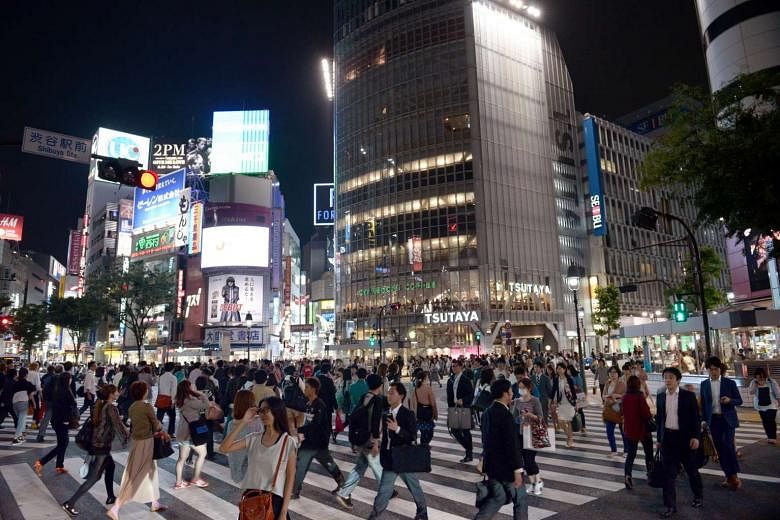TOKYO - Like Singapore, Tokyo has gained quite a reputation among travellers for being pricey.
The league tables that annually rank the world's most expensive cities do not help quell the perception - and both cities have regularly found themselves either at, or near, the top.
One such metric is the annual Economist Intelligence Unit (EIU) worldwide cost of living survey. This year's results in March ranked Singapore as the most expensive city for expats for the third year running. Tokyo, which has faced years of stagnant inflation, came in 11th.
Another measure, compiled by consultancy firm Mercer and released this July, pegged Singapore and Tokyo as 4th and 5th most expensive in the world respectively.
What got me thinking was a Japanese media contact who, over lunch one day, told me she found Singapore "incredibly expensive" when she was in town for a business trip.
A little probing later, I found out she had only dined at shopping malls in the city centre and at tourist hotspots. Even if it can be said that food prices have generally gone up due to inflation, relatively affordable meals can still be found especially in the heartlands.
And so with this in mind, for this blog post I've tapped on my skills as a Singaporean well-nosed to sniffing out the best deals, to share where I've found some of the best steals since I relocated to Tokyo in June this year.
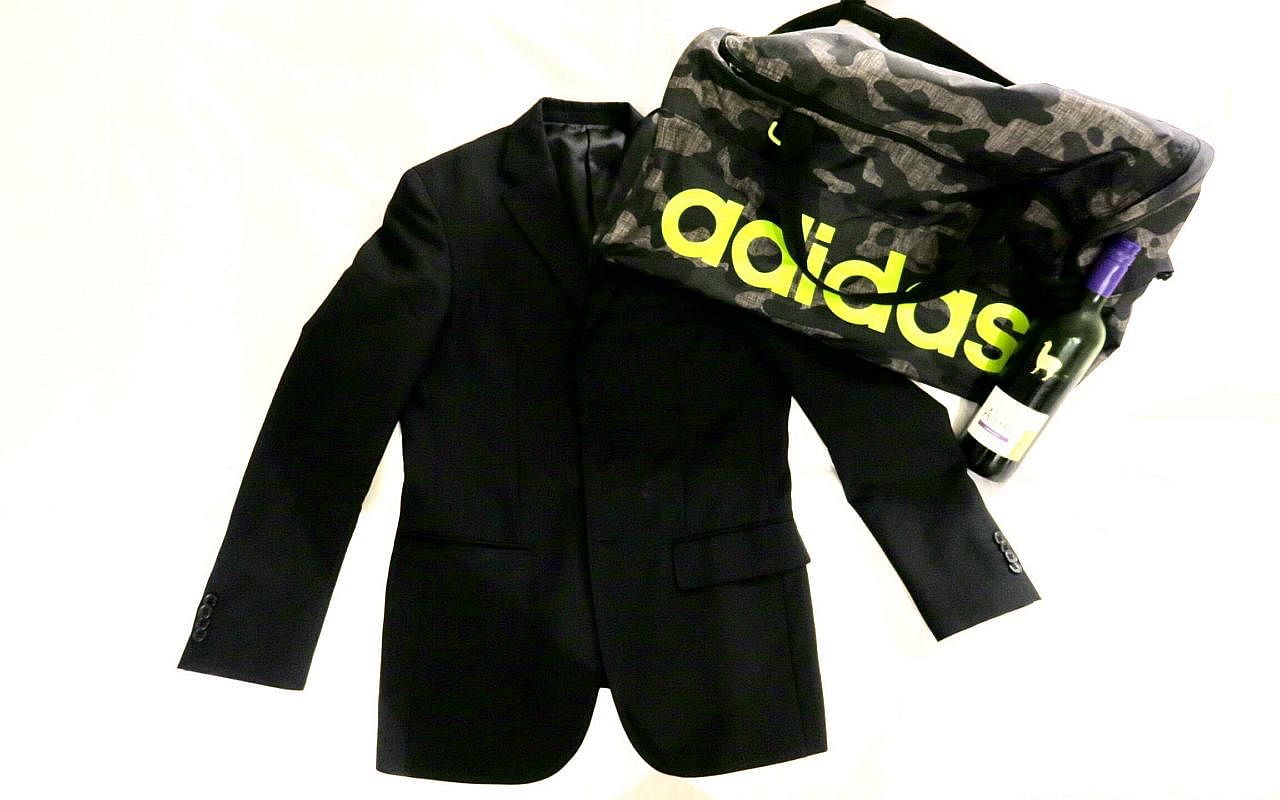
All this in a city where the cheapest train rides will set you back by at least 150 yen (S$2), and where one movie ticket can cost upwards of 1,800 yen (S$23.90) on a weekday.
SHOPPING
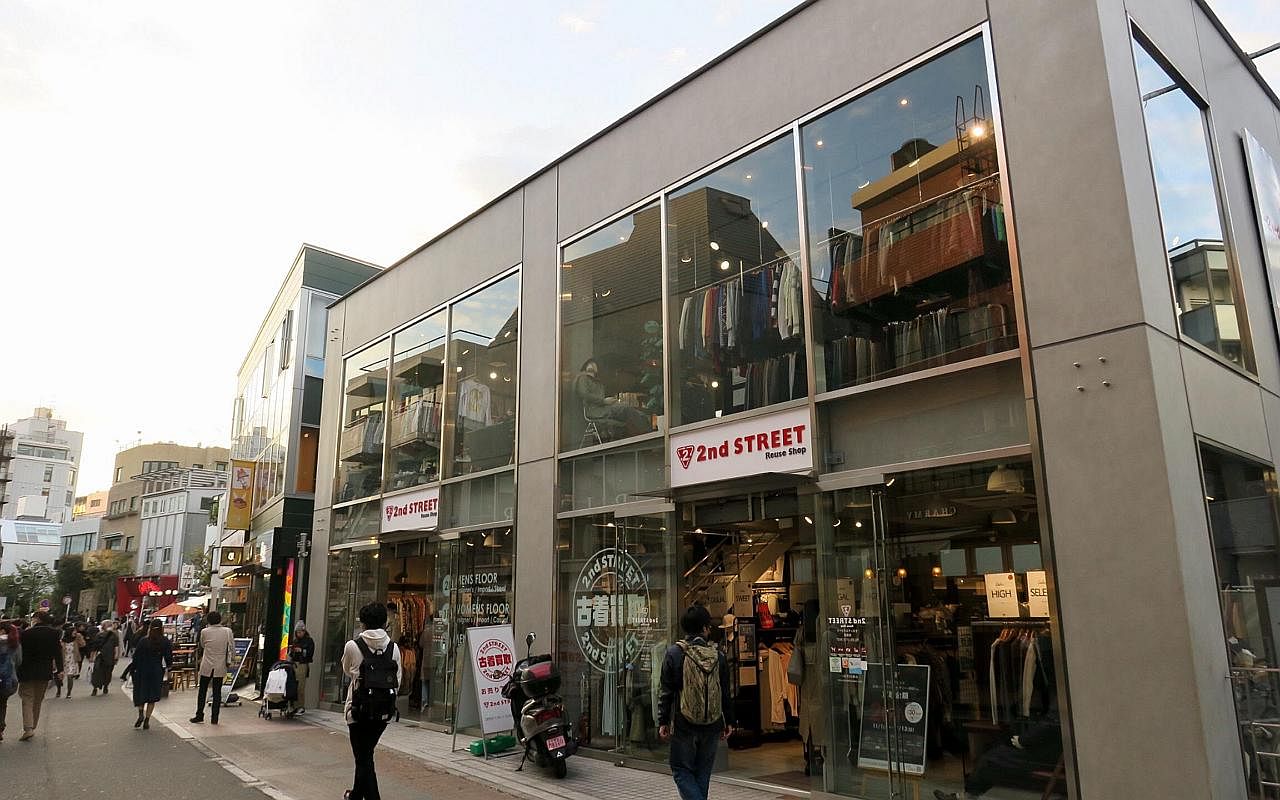
Uniqlo's owner Fast Retailing also runs another chain of casual wear that is even cheaper, known as GU, which has multiple outlets around the country.
And then there are outlet malls near Tokyo, with branded items that are generally cheaper than at the actual shops.
I like Mitsui Outlet Park for its proximity to Tokyo and for its range of options.
Located next to the Kaihin-Makuhari train station, it is located just half an hour by train from central Tokyo.
The outlet mall has more than 100 local and international labels, including sportswear brands such as Adidas, Nike and Under Armour, and fashion labels from A Bathing Ape to Fred Perry and agnes b. to Banana Republic. Japanese home furnishing store Francfranc also has a shop there.
Very much further and less accessible is Gotemba Premium Outlets, located about two hours away by public transport.
But those who venture out may be rewarded with a gorgeous view of Mount Fuji in the background on a clear day, as well as a range of 210 brands. This is also - on an entirely unrelated note - where the climax scene in recent Japanese zombie flick I Am A Hero took place.
Meanwhile, the adage 'one man's junk is another man's treasure' is also one to live by in Tokyo, where fashionistas are known to lap up one season's worth of fashion only to offload them the moment they go out of style.
Cue Macklemore and Ryan Lewis' 2012 hit Thrift Shop if you wish, but the second-hand reuse shops in Tokyo can offer up some of the best, quality-for-money purchases.
Many of them are littered around hipster neighbourhoods like Shimokitazawa, as well as in the alleys in between high-end Omotesando shopping street and the main Harajuku stretch that is the epicentre of Tokyo's most extreme subcultures.
A favourite is the 2nd Street Reuse Shop (multiple outlets countrywide, including at 4-chome, 26-4 Jingumae, Shibuya-ku), which is where I picked up the suit jacket and where a friend bought a Hermes tie for the equivalent of about S$50. It sells mostly in mid-to-high end street and luxury labels, including Swedish cult brand Fifth Avenue Shoe Repair and Japanese label Tomorrowland.
Chicago (multiple outlets countrywide, including at 4-chome, 26-26 Jingumae, Shibuya-ku) is ideal for vintage clothes, while luxury hounds might enjoy the multi-storey Ragtag (multiple outlets countrywide, including at 6-14-2 Jingumae, Shibuya-ku).
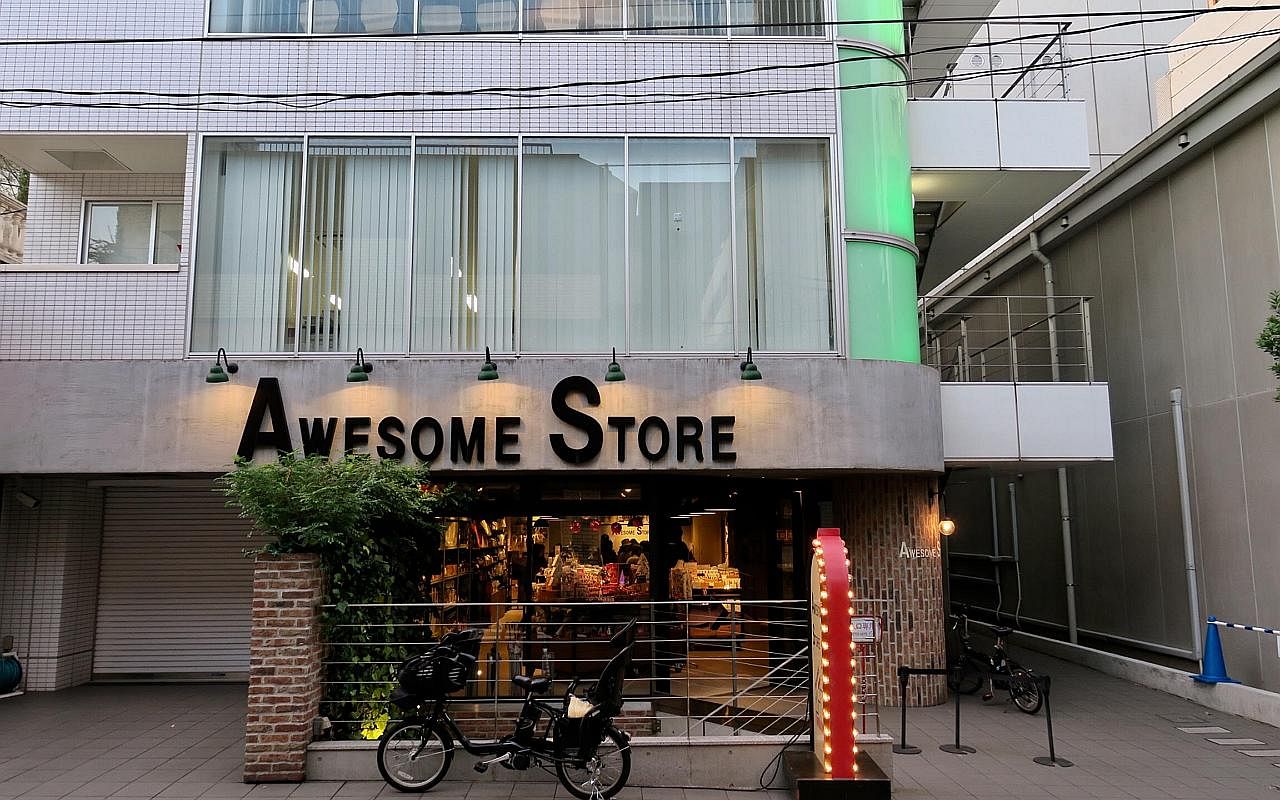
It is also worth taking note of the sales seasons in Japan where retailers tend to heavily slash prices.
This includes the Golden Week of public holidays in early May, though it is a peak period for domestic travel and might mean pricey accommodation and packed trains.
And then there is also the 'Silver Week' in September that coincides with their Respect For The Aged public holiday. During this period, most retailers look to offload their spring and summer items at discounts that could be as much as 50 per cent off.
FOOD AND GROCERIES
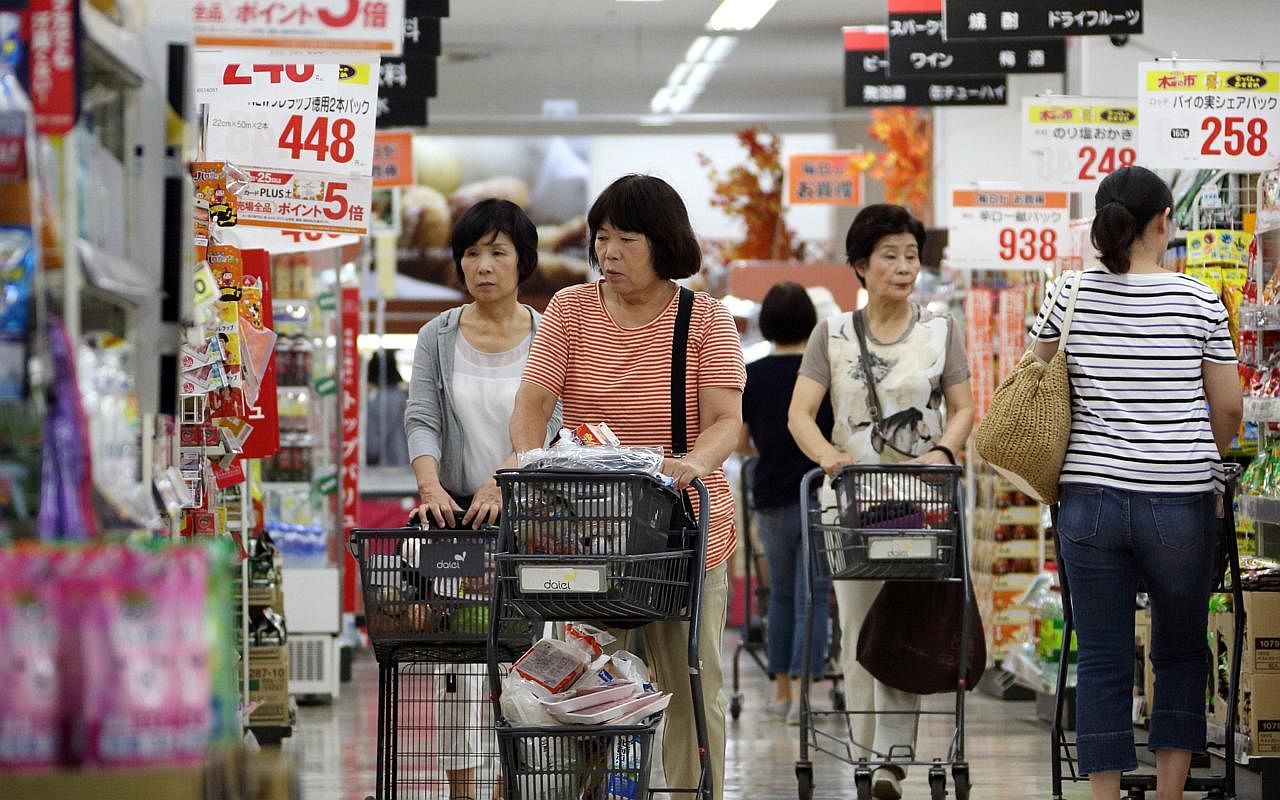
And for food, besides the many ramen and soba restaurants around, there are also the dependable izakaya gastropubs to turn to for a good night out.
These serve small dishes, tapas style, and drinks at relatively a low cost though it must be said that some izakayas are more expensive than others.
Meanwhile, for general groceries, there is a range of supermarket chains that differ in cost - as in Singapore, which has the more mass-market NTUC Fairprice and the more upmarket Jason's Marketplace.
Likewise in Tokyo. Hanamasa (multiple outlets country-wide, including 2-23-1 Nishi-Shimbashi, Minato-ku) is perhaps Tokyo's equivalent of NTUC Fairprice for its groceries.
The 398-yen wine, called Alpaca, is from Chile and is palatable to the point that it does not exactly taste cheap. Some friends to whom I've offered the wine have guessed it costs anything between S$40 to S$80.
SPORTY ENTERTAINMENT
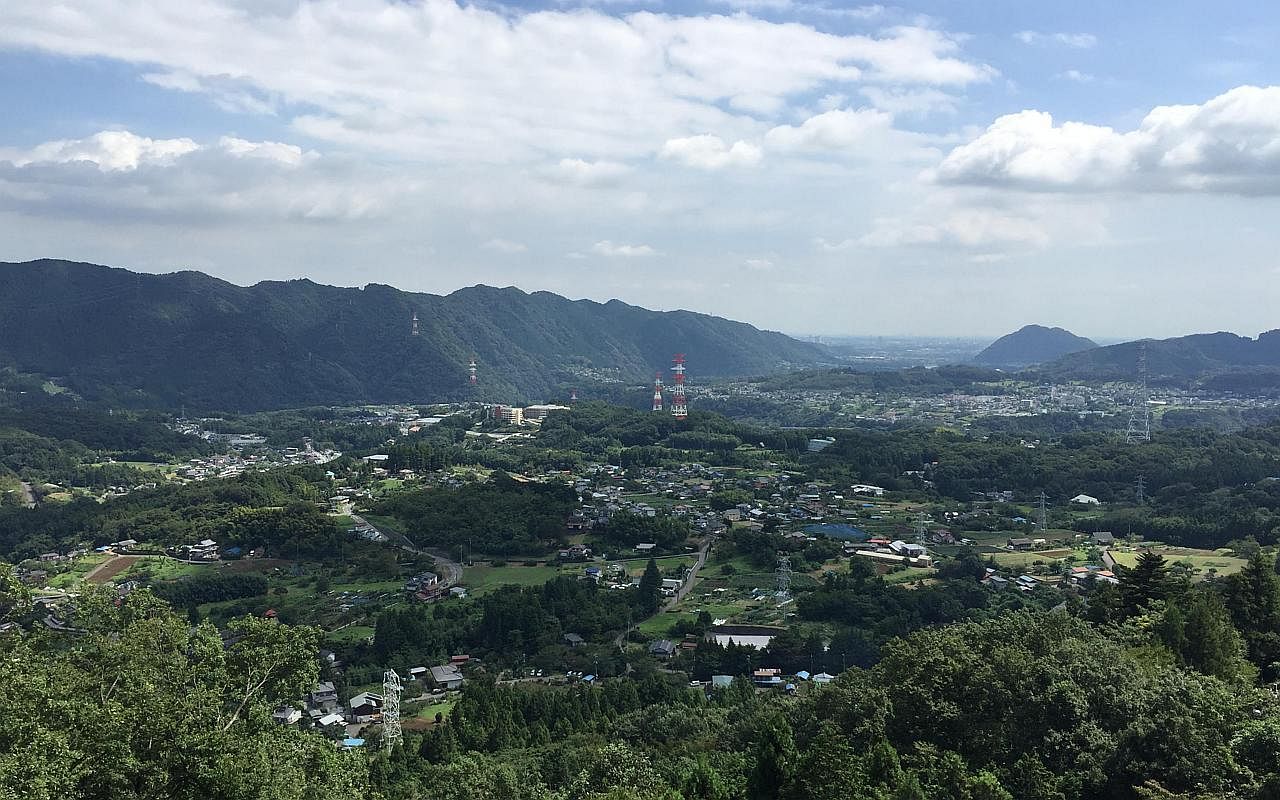
Most of them are free, and if not to run, they are definitely ideal to simply while away the time.
They include Hibiya Park near the business district and government ministries; Yoyogi Park near the Meiji Shrine; and Ueno Park, home to many pay-per-entry museums. There is also Shinjuku Gyoen National Garden, which is one of Tokyo's largest, but it charges an entry fee of 200 yen (S$2.65).
Runners, meanwhile, will appreciate the popular loop around the Imperial Palace in central Tokyo - as Minister for Social and Family Development Tan Chuan-Jin did when he visited Tokyo in September.
Hiking is yet another popular affordable option, with such peaks near Tokyo as the rather touristy Mount Takao, as well as the more challenging Mount Jinba and the less popular Mount Mitake.
And finally, if you wish to immerse yourself in Japanese culture, several local ward and community gymnasiums also offer classes in traditional martial arts at a low rate.
A friend has introduced me to kyudo - or Japanese-style archery - classes that cost 400 yen (S$5.30) for each two-hour lesson.
